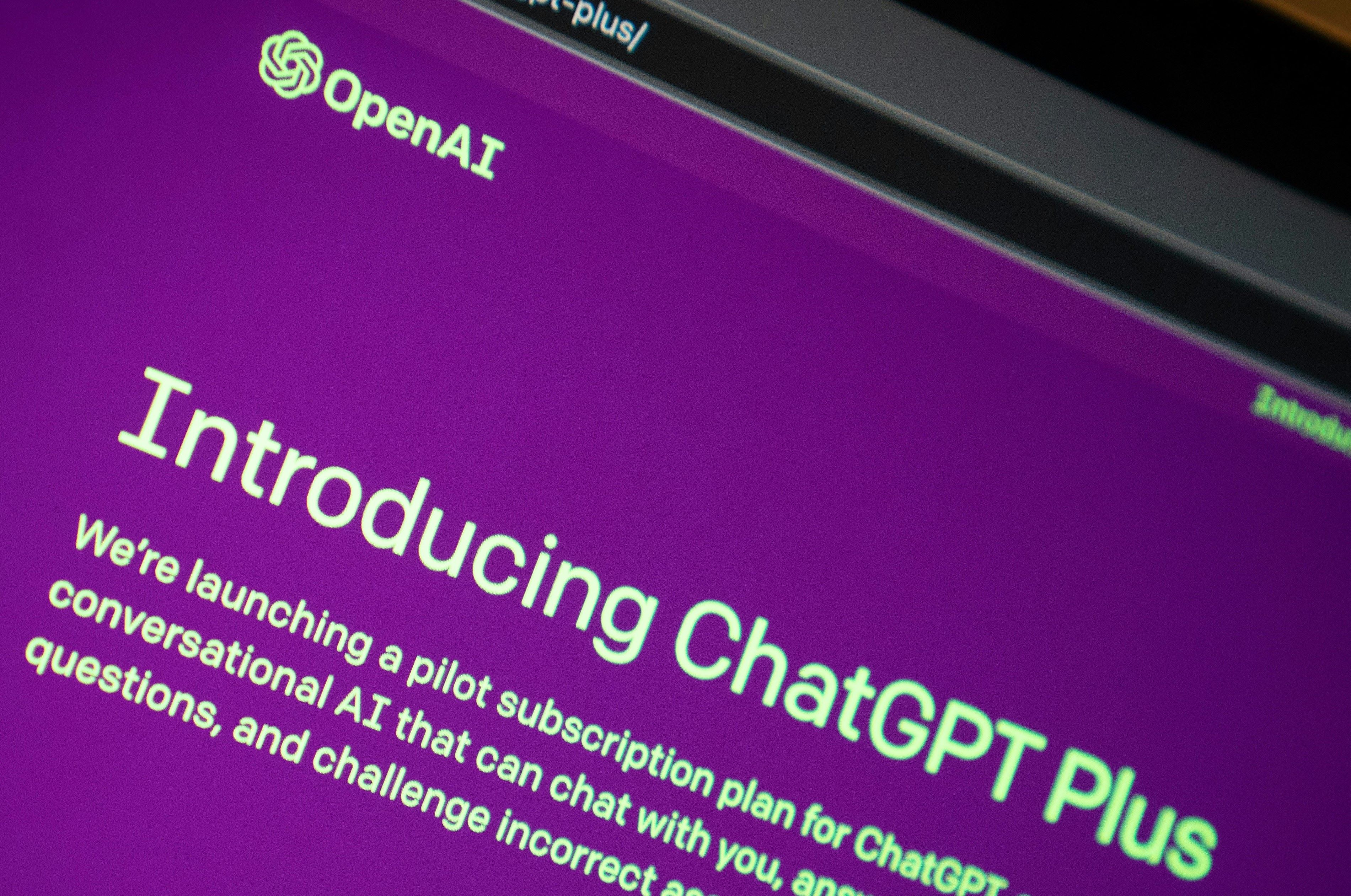Oracle Share Price Analysis: Bearish Phase, Valuation Signals and Bullish Reversal Outlook
$154.97
04 Feb 2026, 11:45

Unsplash.com

Exploring New Revenue Streams
OpenAI, the maker of ChatGPT, is exploring the possibility of introducing advertising to its artificial intelligence products as part of its efforts to expand revenue. As the San Francisco-based company transitions into a for-profit organisation, its Chief Financial Officer Sarah Friar emphasised the need for thoughtful implementation:
“We plan to be thoughtful about when and where we implement ads.”
While OpenAI has seen substantial growth in its current business model, Friar clarified there are no immediate plans to roll out advertising.
A Strategic Shift Towards Monetisation
OpenAI, valued at $150 billion, has rapidly become one of Silicon Valley’s most valuable private companies. Its flagship product, ChatGPT, boasts over 250 million weekly active users, contributing to annualised revenues of $4 billion. However, the high costs of developing cutting-edge AI models mean the company anticipates spending over $5 billion annually in the near future.
To sustain its growth:
But with these avenues offering limited margins, OpenAI is considering advertising as a potential high-revenue alternative, much like Google and Meta.
Building Advertising Expertise
OpenAI has begun recruiting advertising specialists from big tech rivals such as Meta and Google. Notable hires include:
These appointments reflect OpenAI’s intent to leverage proven strategies for monetisation.
Challenges and Considerations
Introducing advertising presents both opportunities and risks:
Sarah Friar acknowledged these drawbacks:
“Ad models are sensitive to economic cycles and can shift a company’s focus from pleasing users to pleasing advertisers.”
Despite these concerns, OpenAI is keeping the option open while prioritising other low-hanging fruit for revenue growth.
Competition and Pressures in the AI Sector
OpenAI’s competitors, including Anthropic and Elon Musk’s xAI, are also exploring new ways to commercialise AI amid rising development costs. Smaller rival Perplexity is already piloting ads within its AI-powered search engine, demonstrating the growing trend of ad integration in the sector.
Sam Altman, OpenAI’s CEO, is reportedly warming up to the idea of ads, though the company remains divided on how they should be implemented.
OpenAI’s Path Forward
With substantial revenue growth and a rapidly expanding user base, OpenAI is at a critical juncture. Its considerations for advertising signal a shift toward a more diversified monetisation strategy while balancing the challenges of user satisfaction and operational costs.
As it continues to lead in the booming AI industry, OpenAI’s decisions will likely set the tone for how AI companies balance innovation, revenue, and user experience.
Source: (FT.com / Bloomberg)